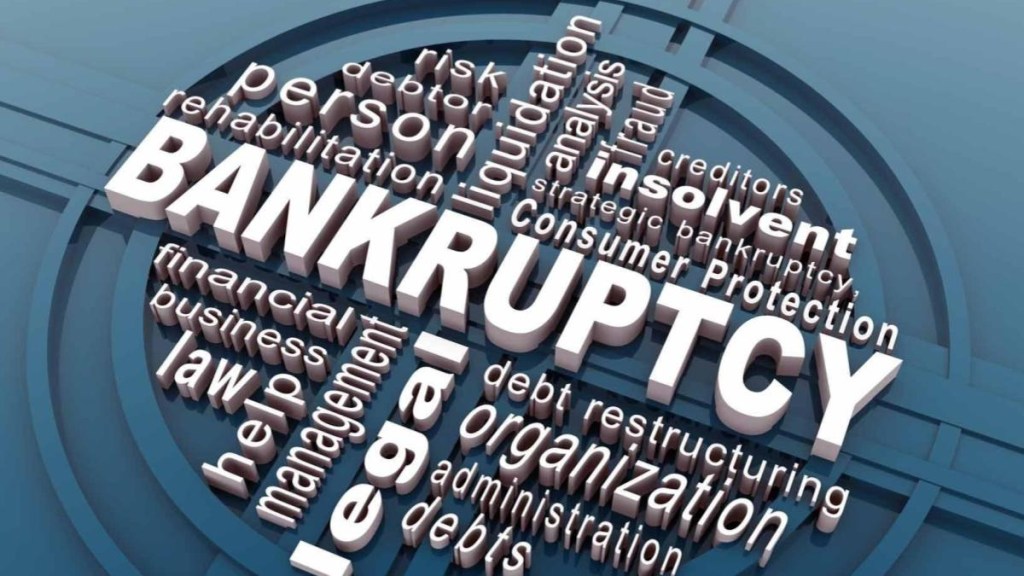Despite a gradual increase in the claims under the Insolvency and Bankruptcy Code (IBC), operational creditors (OCs) continue to receive a minimal share of the proceeds of resolution as well as liquidation.
As per the latest IBBI newsletter, OCs received merely 0.88% of the total amount claimed during the liquidation of a stressed asset. The relative share of OCs is not very different in cases of corporate insolvency resolution process (cases that haven’t slipped into liquidation), sources said, but that data is not publicly available.
This underscores a significant gap in the IBC’s framework when it comes to safeguarding the interests of operational creditors, analysts said. The OCs have been receiving less than 1% of the total receivables (since the inception of IBC) in the era when the government is heavily oriented towards supporting MSMEs.
Hence, insolvency experts are pitching for making changes to the Code for addressing this glaring shortfall – absence of a mechanism to ensure a fair share of realised proceeds of resolution/liquidation for OCs.
“Recovery to OCs can augment only if there is intrinsic development of distressed asset market in India as competition would entail better price discovery and consequently, better payouts to OCs,” said Anjali Jain, partner, Areness. “Statutory mandate is much required in this space through assured or proportional recoveries.”
Nilesh Tribhuvann, managing partner, White & Brief said that the evolving legal landscape in corporate insolvency requires a delicate balance between the rights of OCs and financial creditors (FCs). “Thus, setting a threshold for their recovery could be a step in the right direction, ensuring a fairer distribution of assets without undermining the rights of secured creditors,”.
Experts, however, say that any reform must be carefully calibrated to preserve the integrity of the insolvency process and maintain investor confidence. It’s crucial that legal reforms prioritize fairness while fostering a more efficient and balanced resolution framework, they say.
The government is likely to table the IBC amendment bill in the parliament in the winter session, but it’s unlikely to introduce any such measure, as indicated by official sources.
Under the IBC, FCs are those who lend money to a company, whereas OCs are those who provide the goods and services to a company in their common course of business. As per the Code, FCs have a primary claim on the assets during distribution while OCs have a secondary claim.
Typically, OCs receive a smaller share under IBC, mainly due to the nature of their debts and limited influence under the Committee of Creditors (CoC). FCs usually have secured debts, meaning their loans are backed by collateral, which gives them a higher priority in terms of repayment, while OCs often hold unsecured debts, arising from transactions related to the supply of goods and services to the debtor company.
The IBC gives financial creditors a significant role in the CoC, which decides on the resolution plans, including the distribution of proceeds from the resolution process. In the case of OCs, unless their aggregate dues are significant, they do not have voting rights in the CoC, which limits their influence over the resolution outcome, say experts.

